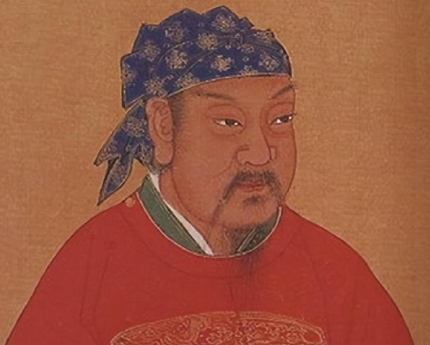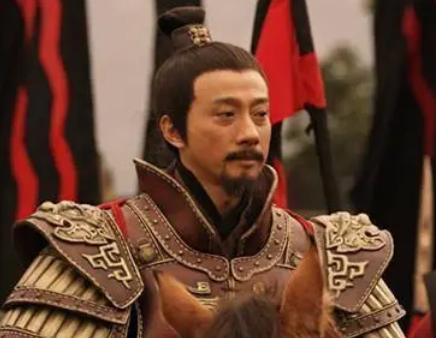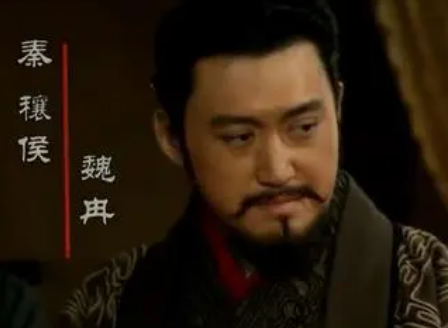On the historical stage of the late Tang Dynasty, Cui Yin was a controversial figure. He was once the prime minister of the Tang Xizong and Tang Zhaozong dynasties, enjoying a prominent status and wielding immense power. However, there have been differing voices in history regarding his loyalty. So, was Cui Yin a loyal minister or a treacherous one? Let's delve into the historical context to find out.

Cui Yin, also known as Chang Xia, hailed from a prestigious family in Shandong, with a profound political background during the Tang Dynasty. He was exceptionally intelligent and diligent since childhood, earning the title of a prodigy. He passed the imperial examinations during the Guangqi period of Tang Xizong and embarked on his official career. Due to his outstanding talent, he quickly gained the favor of Tang Xizong and was appointed as a Hanlin scholar. After the death of Tang Xizong, Tang Zhaozong ascended to the throne, and Cui Yin continued to hold an important position under the new emperor's reign. In 893 (the second year of Jingfu), he was appointed as prime minister.
By then, the Tang Dynasty had entered its late stages, with political corruption, social unrest, and increasing separatism among the feudal territories. As prime minister, Cui Yin bore the heavy responsibility of assisting the emperor and stabilizing the political situation. During his tenure, he took a series of measures to strengthen centralization and weaken the power of the feudal territories. He advocated severely punishing corrupt officials and rectifying the officialdom; at the same time, he also attempted to curry favor with the feudal territories through marriage alliances and other means, strengthening the central government's control over the localities. These initiatives alleviated the political crisis of the Tang Dynasty to a certain extent, but they failed to solve the problem fundamentally.
However, some of Cui Yin's actions in the power struggle have sparked controversy. He repeatedly allied with the feudal territories to oppose eunuch tyranny, but he also colluded with some feudal territories to seek personal gains. This strategy of both allying and fighting left him with the reputation of a "fence-sitter" in history. Additionally, Cui Yin displayed a certain degree of cunning and sophistication in handling political events. For instance, during the famous "Ganlu Incident," while he ostensibly supported the emperor in eliminating eunuch power, he secretly colluded with the eunuchs, ultimately leading to the failure of the incident. This duplicitous behavior further deepened people's doubts and distrust in him.
So, was Cui Yin a loyal minister or a treacherous one? In a sense, he was a loyal minister. He did take measures to strengthen centralization and safeguard national unity. However, from another perspective, he was not completely loyal to the emperor and the imperial court. His actions in the power struggle displayed a strong flavor of intrigue, even sacrificing national interests for personal gains. In conclusion, Cui Yin was a complex historical figure. His loyalty cannot be simply answered with a "yes" or "no." He had both a loyal side that served the country and a side that pursued personal power. His life was a struggle between loyalty and intrigue, which was also a microcosm of the complex political environment in the late Tang Dynasty.
Disclaimer: The above content is sourced from the internet and the copyright belongs to the original author. If there is any infringement of your original copyright, please inform us and we will delete the relevant content as soon as possible.
































